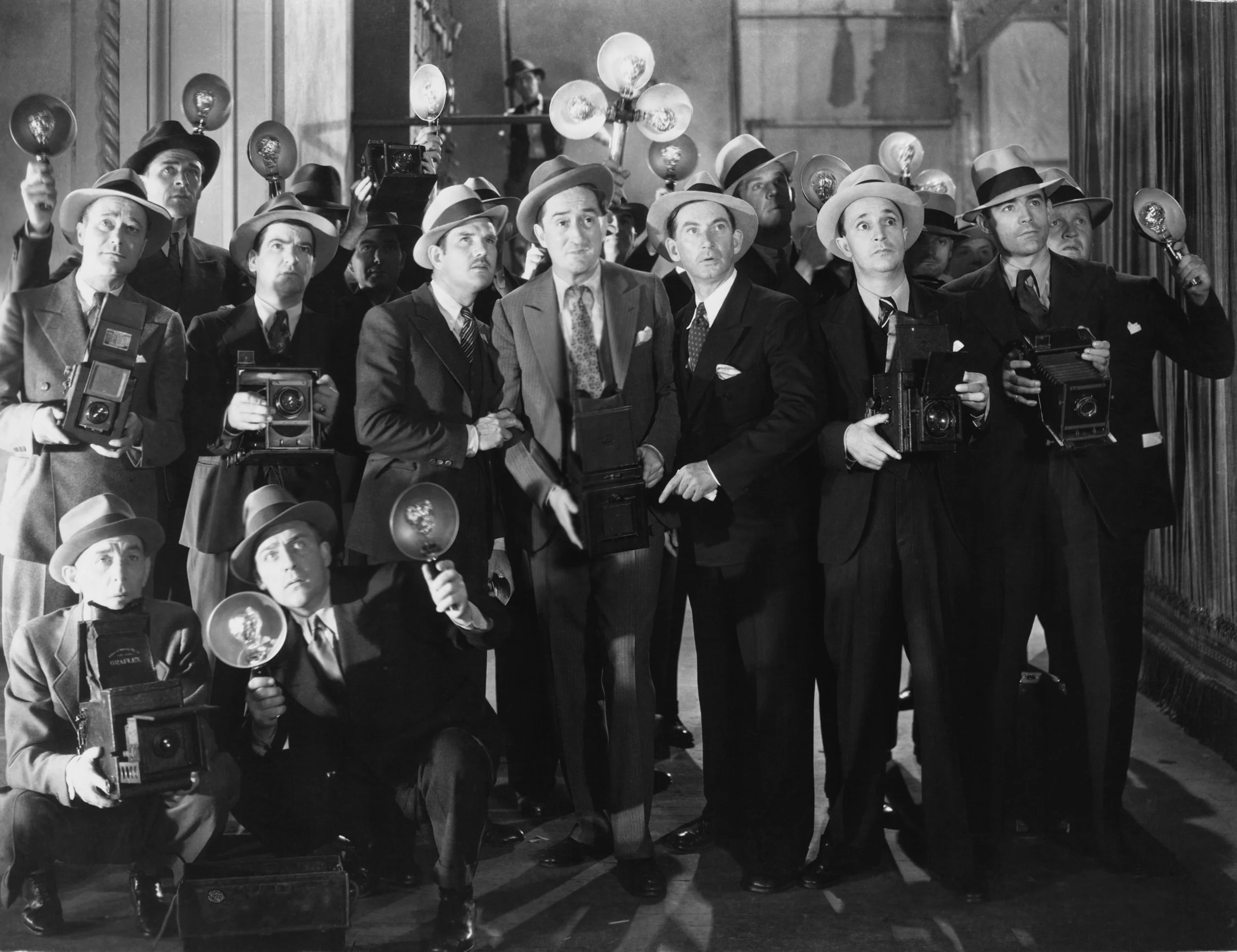How to work with the media, courtesy of the people who know
OK, so your movie or project is done, and the time has come to get some COVERAGE. What to do?
We’ve already covered why you might want to hire a professional publicist. But what else you need, especially if you are going it alone? How many high res images should you have at the ready? And do you really need that EPK/electronic press kit?!
I asked some members of the media who get pitched ALL THE TIME what they are looking for, and what makes them actually open an email.
Sara Michelle Fetters, blogger & critic at MovieFreak.com
Each critic has their own personal idiosyncrasies and audiences; it helps if the film sparks my interest. Any sort of generic sounding email about an indie feature that sounds like it has gone out to a massive mailing list and the person sending it doesn’t appear to have any clue whatsoever who I write for or what sort of films I’m drawn to I kind of toss aside right away.
If trailers are available and it is a movie I’ve never heard of, including those can be sometimes helpful. I also look for links to press kits with stills, poster art and — hopefully — some sort of document containing something akin to production notes. In terms of follow up, one email a little while later is just fine, but anything more than that (usually) starts to feel like harassment — most of us have lives outside of watching and writing about film. We aren’t all full-time critics. We have day jobs or side jobs. A little understanding that it’s impossible for us to watch everything usually makes me want to watch whatever movie I’m being asked to review a little bit more.
Marcie Sillman, arts reporter at KUOW/NPR
Journalism is always evolving and so are the demands from my editors. Before you send anything my way, check out recent stories to get a feel for what I’m pursuing. That’s a great rule of thumb for every journalist: make sure you know exactly what kinds of stories and interviews our organizations are producing. It will save a lot of time on both ends.
If you’re sending a press release, follow up individually via email or phone. I get more than 100 emails every day and unless I know you, I probably won’t read through your release. I also don’t want to hear the same pitch you’re throwing to other major media, and I really don’t want to see us all doing the same exact story. Take some time to shape pitches for individual outlets. Yeah, it takes more time, but unless we’re hacks, we’ll really appreciate that effort.
For radio, unless you’re pitching me Michelle Obama, I need an in-studio or in-person interview. Because … radio needs to sound good and telephone audio sounds awful. And I need lead time (again, unless it’s Michelle Obama). More than three days!
For my online coverage and e-news, I need photos with captions and credit. (But no tif files, please.)
Emily von Seele, writer & critic, co-host of DeadRingersPodcast.com
Having all of the details readily available in one email is very useful — screener info, talent interviews, timeline, etc. I love having that information up front, so any time an EPK is available from the outset, it is a huge help.
Above all, a sincere excitement about the film itself. Some blurbs can come off as very dry and thus, don’t really catch my interest. Having the publicist be enthusiastic about the product they are pitching really helps me to get on board as well — highlight anything that makes the project stand out. It makes the entire experience more exciting.
Cheryl Laughlin, columnist at Script Magazine
Since I’m often fly by the seat of my pants for writing articles, I completely understand not having an EPK. But I definitely need high-res jpeg images with who to credit and all links and social media call outs. These elements help quickly fill out an article and break up blocks of text for an easier to read. Quick summaries also help with a jumping off point, especially if you note something unique about the project to draw me and readers in, to build off.
Oh, and if you have deadlines you’re trying to hit for promotional pushes or release dates, let me know so I leave enough lead time for the editor to review to push the article live.
Over-the-phone interviews work great but even better is email Q&As. That way, time zone differences or my late night writing jags don’t matter. I would definitely reply back to questions from a writer within the week or you risk falling off the top-of-list priorities. And if we lag a skosh in getting an article finished, it’s typically because we often have full-time jobs that rearrange our side hustle writing schedules. We haven’t forgotten you! I love finishing articles as fast as I can to pay it forward for the love of film, writing, and arts.
Chris Estey, music and arts publicist at XOPublicity.com
I would highly recommend talking to music publicists for the most effective reception from press/media. Hunt around and see who might be the best honest broker for your work, as it is actually not very effective to submit pitches without them being vetted first by people already working as liaisons to markets. In music these days we recommend budgeting as much for your marketing as for recording, and there are not many labels left to help, so it is wise to contact music PR and ask them about what they do and their rates.
That said, I would recommend that offering free tickets or interviews is always a given, but much press can’t turn out for things with so many bands playing live and putting things out. “Nobody is being discovered these days,” is how music writer Sean Nelson put it, which is why professional music PR is so necessary. Definitely remember that not everyone is into streaming or downloading music so consider a physical release, but be sure to have streaming available from Soundcloud and also have a download available from Bandcamp to hedge your bets.
About three various hi-res photos should do it — make them clever, personable, not corny. (“Can someone make fun of this?” should be asked.) Does the shot capture the essence of the band? Singles and videos for one song are not really being taken seriously so make sure they have recorded at least an EP (four or five songs) unless they’re already reasonably famous.
If you are going to start hiring people, your first thought should be a publicist, and not a manager, and someone needs to be actively working on booking (something neither publicists or managers do usually). Remember you need to be as creative with the format of your music and the outreach for it as you are in creating it, so give some serious thought to who can help you with that.
An EPK is absolutely a must, once you have one a pitch will be easy and you won’t have to include a lot of info in your basic outreaches (which should be short and simple, based on facts and details and not descriptions). Again, you should consider talking to someone who has relationships to the press already.

